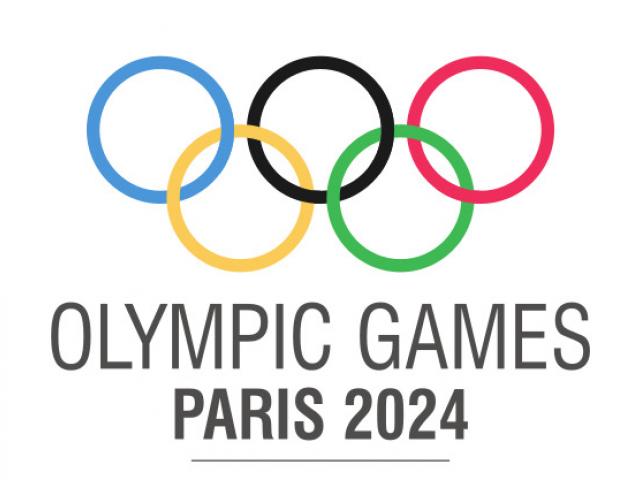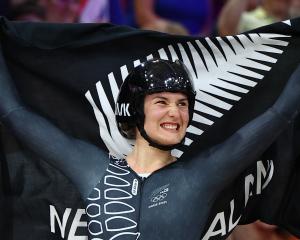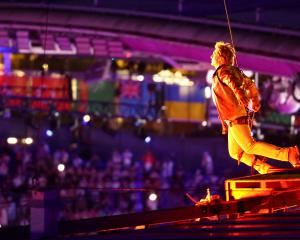We are giddy here in New Zealand.

Our Olympic team bagged a record haul of 10 golds, and the 20 medals they collected in total equalled the effort in Tokyo which was previously our most productive campaign.
New heroes like Central Otago canoeist Finn Butcher emerged.
Cyclist Ellesse Andrews’ feats on the Saint-Quentin-en-Yvelines Velodrome left us breathless.
And Lisa Carrington continues to churn out gold medals. She banked another three to go with the five she already had.
Their efforts helped New Zealand climb to 11th on the medal table and we are all smug about that.
But what does all this success actually mean?
Will it translate into greater participation and a healthier population?
Will the inspiration last long enough for us to get off our couches and turn off our devices?
Does any of that glitter trickle down to the grassroots?
"It has to, right?" Sport Otago chief executive James Nation said.
"That is the beauty of the Olympics. They are inspirational and I think it does transfer through.
"Even some of the comments from the athletes suggest that."

"Kids see these athletes and they are inspired."
Professor Steve Jackson, of the University of Otago’s school of physical education, sport and exercise sciences, has a different view.
"While we are basking in the reflected Olympic glory I think it is important that we take a step back and look at the evidence", Jackson said.
"And as far as I’m aware there is no longitudinal evidence that winning Olympic medals enhances long-term sports participation or national health outcomes.
"It would be wonderful if we could show that it does, but at the moment we just don’t have that data I believe."
Jackson said sports which have enjoyed a high profile during the Olympics may well receive a boost in participation numbers.
But there is no evidence for "sustained, long-term permanent change".
Olympic success does not come cheap, either.
Sport New Zealand put $10 million into the Sydney Olympics.
Our stunning lack of success — one gold, three bronze — at those Games plunged the country into a kind of sporting arms race.
The bill reached $32m for Athens and we got five medals.
Sport New Zealand raised the stakes to $42m at Beijing and got nine medals in return.
The pot ballooned to $62m for London and reward was 13 medals.
High Performance Sport New Zealand’s (HPSNZ) investment into the Rio Games, where we won 18 medals, came to a cool $158.6m.
Tokyo turned out to be a five-year funding cycle because it was delayed a year due to Covid, so it is hard to compare with other campaigns.
There were also some changes made to the way funding was structured as well. But HPSNZ poured in $153.1m and that total does not include the performance enhancement grants which were also dished out.
The bill for Paris was $131m, which is a lot of money unless you are Elon Musk.
The question HPSNZ and the country has to wrestle with is whether we have got the funding priorities and balance right.
"I think they are always grappling with that", Nation said.
"If you talk to the national sporting organisations they would say there is never enough money at the high end, it is too short-term focused and too results driven.
"Have they got that right? It is hard to know.
"But they do not get a lot of money compared with globally and they are still excelling.
"I think we do well running on the smell of an oily rag.
"But the grassroots are always screaming out for money and I don’t know how you balance that out.
"But you would hope, by the teams and athletes doing well, it will flow down."
Jackson said it was an enduring question for governments as to whether it was better to build a strong base and invest in the grassroots, or boost elite sport "in the hope the visibility and success will trickle down".
"It is often said New Zealand is a great sporting nation and it’s certainly a part or an aspect of the national identity.
"And there is this halo effect with sport that it is just something which is inherently positive, so any association with it comes out as something that is good for society and that includes the corporate sponsors who attach their name to it."












